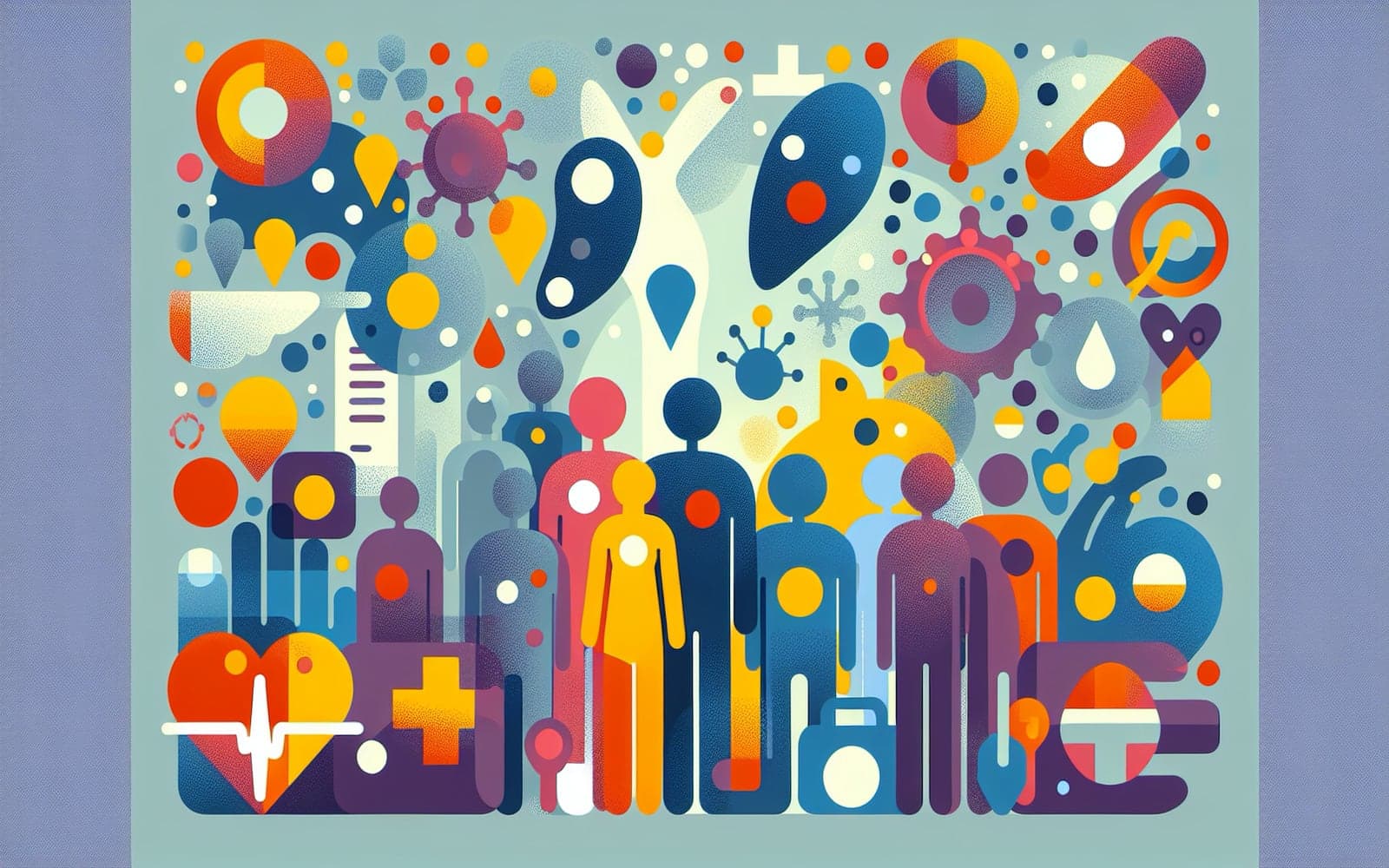Alcoholic Hepatitis: Who's at Risk and Why?
Alcoholic Hepatitis: Who's at Risk and Why?
Understanding the Risks
Alcoholic hepatitis doesn't affect all drinkers equally. Certain factors can significantly increase your risk of developing this serious liver condition.
Contents
- The Alcohol Factor
- Gender and Genetics
- Obesity and Nutrition
The Alcohol Factor
The primary risk factor for alcoholic hepatitis is, unsurprisingly, alcohol consumption. Most patients have a history of heavy drinking, typically more than 100 grams (about 7 standard drinks) daily for 20 years or more. However, some people may develop the condition with less alcohol intake, while others may never develop it despite heavy drinking.
Gender and Genetics
Women are more susceptible to alcoholic hepatitis than men, even with lower alcohol intake. This is partly due to differences in how their bodies process alcohol. Genetics also play a role, with some people being more prone to liver damage from alcohol due to their genetic makeup.

Obesity and Nutrition
Being overweight or obese increases the risk of alcoholic hepatitis. Fat accumulation in the liver makes it more vulnerable to alcohol-induced damage. Poor nutrition, common in heavy drinkers, can also increase risk by depriving the liver of essential nutrients needed for repair and function.
FAQs
Can binge drinking cause alcoholic hepatitis?
Yes, though it's more commonly associated with long-term heavy drinking.
Does the type of alcohol matter?
No, all types of alcohol can contribute to alcoholic hepatitis.
Can you get alcoholic hepatitis if you're young?
Yes, though it's more common in middle-aged and older adults.
Is alcoholic hepatitis hereditary?
Genetics can increase risk, but behavior is the main factor.
Can hepatitis C increase the risk?
Yes, hepatitis C can worsen alcohol-related liver damage.
Know Your Risk
While heavy drinking is the primary cause, understanding all risk factors can help in prevention and early detection of alcoholic hepatitis.
Additional References
- Lucey MR, Mathurin P, Morgan TR. Alcoholic hepatitis. N Engl J Med 2009; 360:2758.
- Naveau S, Giraud V, Borotto E, et al. Excess weight risk factor for alcoholic liver disease. Hepatology 1997; 25:108.
This article has been reviewed for accuracy by one of the licensed medical doctors working for Doctronic.











